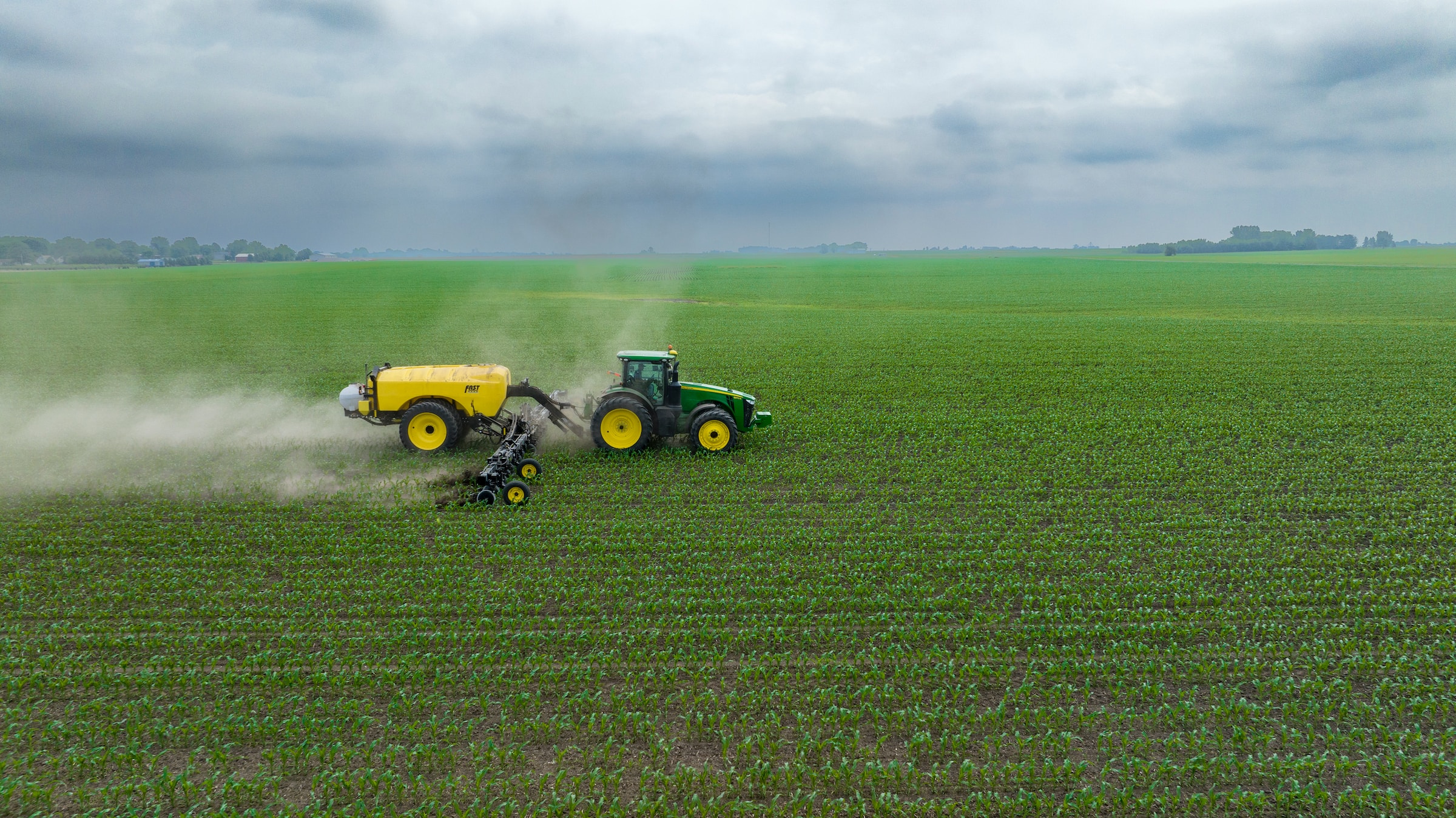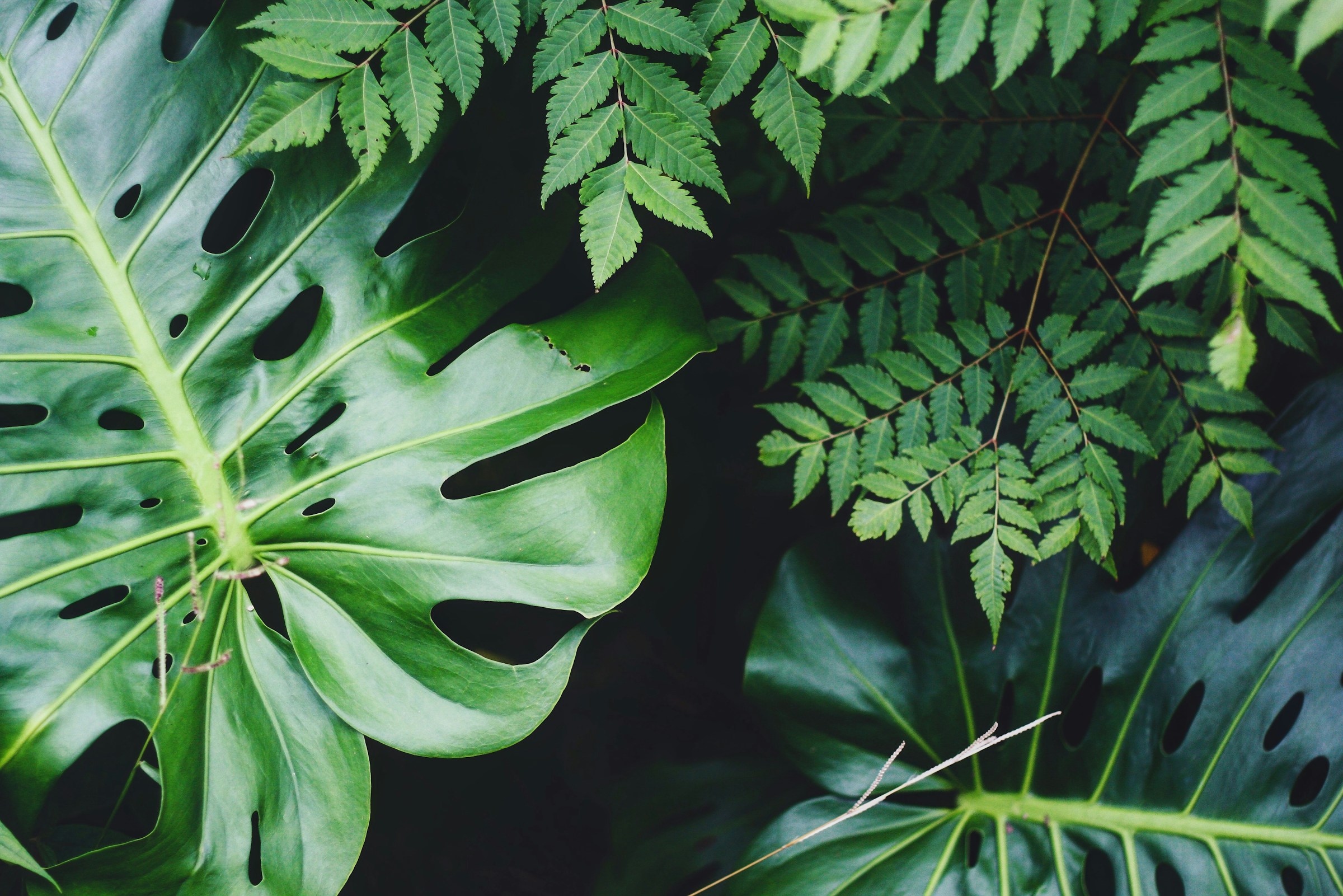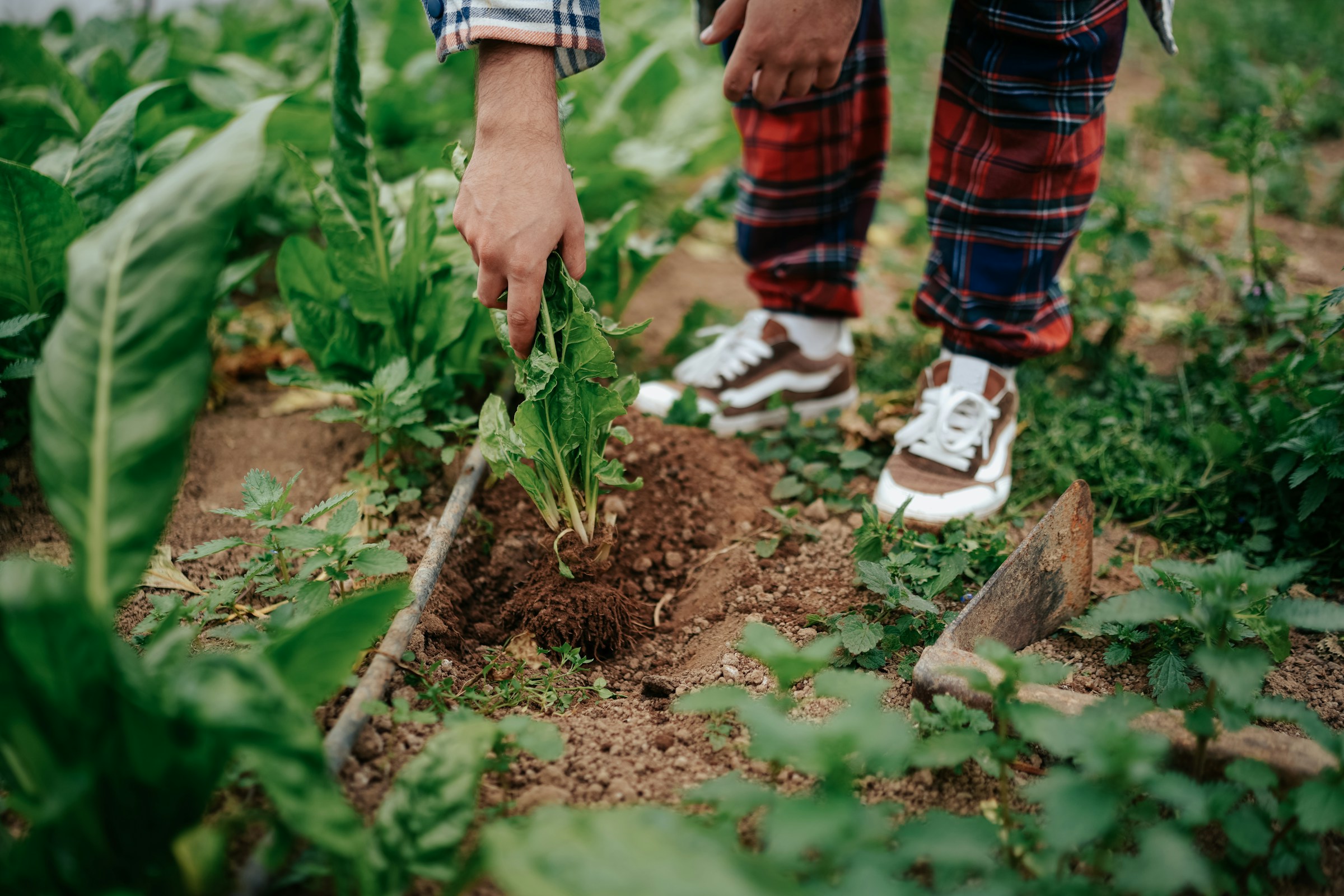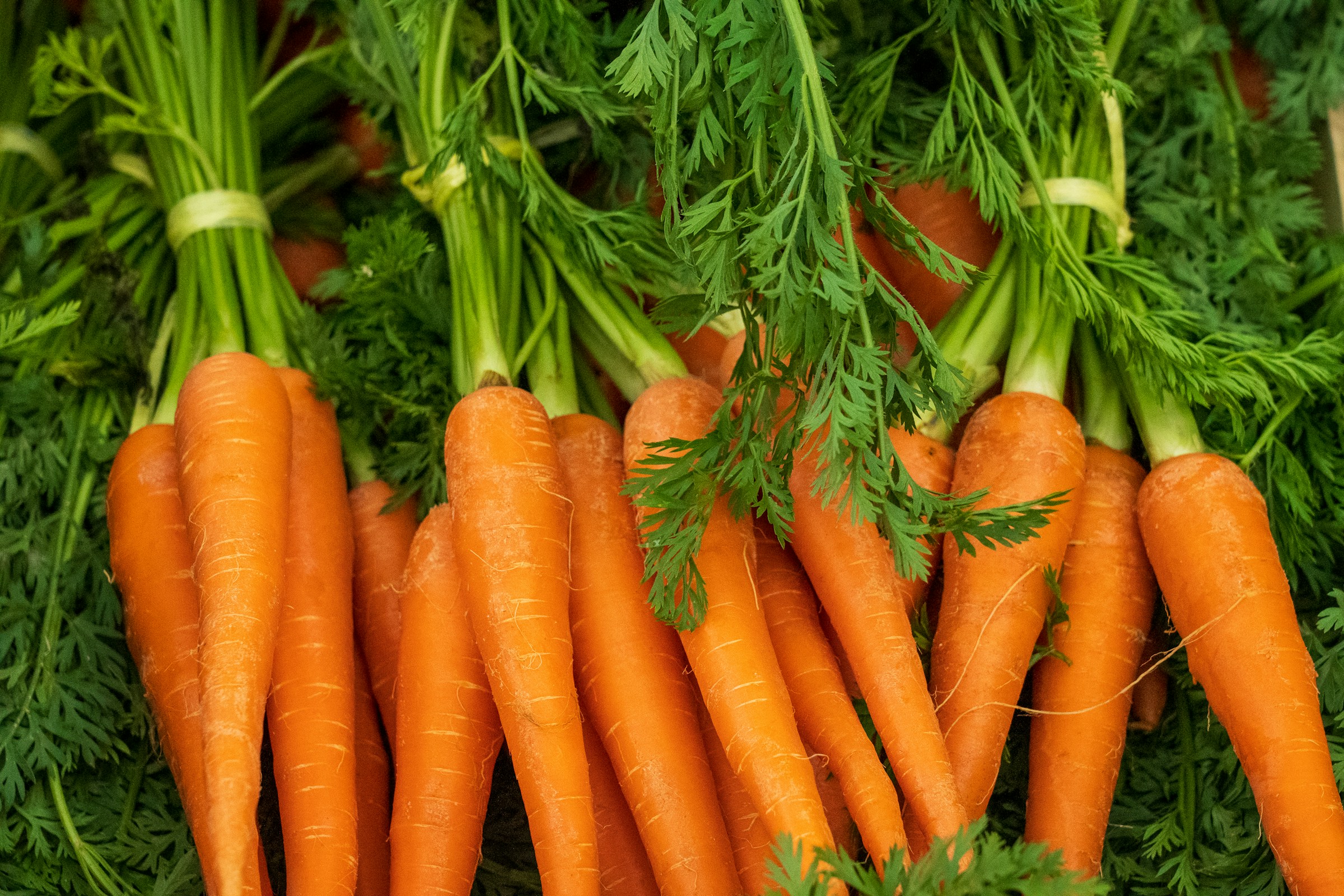Is your garden looking a little lacklustre lately? Yellowing leaves and stunted growth may indicate your soil needs a nitrogen boost. Nitrogen is like a daily multivitamin for your plants - it facilitates photosynthesis, produces lush green growth, and helps plants resist disease. Read on to learn 10 cheap, easy ways how to add nitrogen to soil.
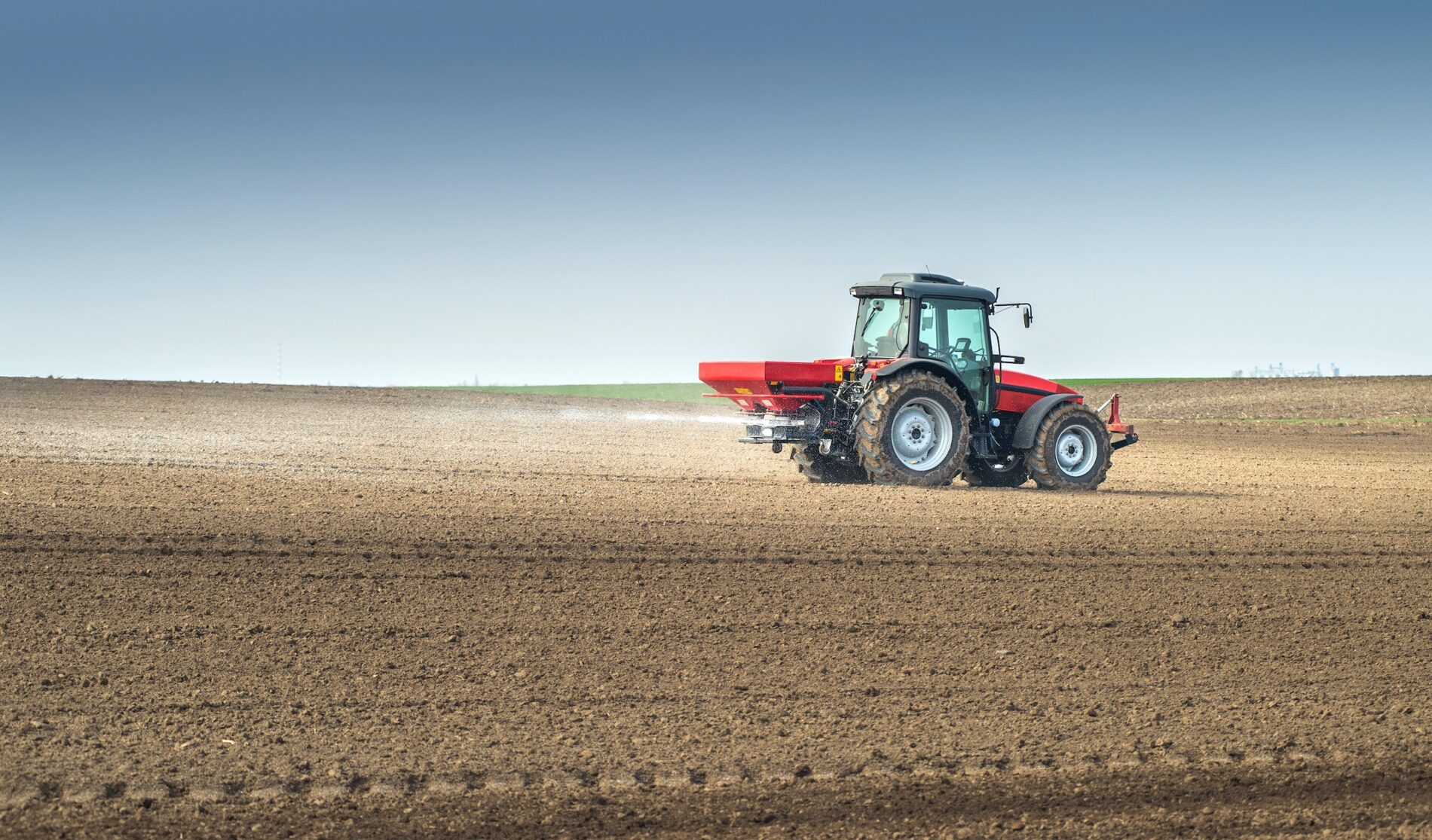
Why Plants Need Nitrogen
Nitrogen is a macronutrient that all plants need to thrive. It plays several key roles:
- Produces chlorophyll, giving leaves their healthy green colour
- Helps plants absorb phosphorus and potassium
- Aids in photosynthesis, the process that fuels plant growth
- Builds amino acids, the building blocks for proteins
- Boosts flower and fruit production for bountiful harvests
Without adequate nitrogen, plants appear stunted and yellowed. Their growth slows, and they produce smaller yields.
Adding nitrogen fertilizes the soil food web - all the microbes, fungi, and bacteria that support plant health. It also improves moisture retention and soil structure.
How to Add Nitrogen to Soil
You don't need fancy fertilizers to give your soil a nitrogen boost. Many common household items make excellent organic nitrogen sources.
Coffee Grounds
Coffee grounds are rich in nitrogen. Sprinkle them around plants or mix them into soil. They also lower pH, so use sparingly on acid-loving plants like blueberries.
Compost
Compost contains nitrogen and other nutrients plants need. Mix 1-2 inches into beds before planting or side-dress growing plants. Don't overdo it - too much nitrogen can burn plants.
Manure
Manure adds nitrogen as it breaks down. Compost manure for 6 months before using. For 100 sq ft, use 70 lbs chicken, 200 lbs cow, or 65 lbs horse manure.
Grass Clippings
Fresh clippings make a nitrogen-rich mulch or soil amendment. Let them dry before using them to avoid matting. Don't use clippings from lawns treated with herbicides.
Wood Ash
Wood ash adds nitrogen, potassium, and calcium and raises pH. Sprinkle lightly around plants or till into soil. Use in moderation, as excess ash can burn plants.
Alfalfa Meal
Alfalfa meal provides readily available nitrogen to boost growth. Till into soil before planting or side dress crops. Use 2-5 lbs per 100 sq ft.
Blood Meal
A blood meal is dried, powdered blood from slaughterhouses. It provides fast-acting nitrogen but can burn plants if over-applied. Use 1 lb per 100 sq ft.
Feather Meal
Feather meal is made from poultry feathers. It releases nitrogen slowly as it decomposes. Apply 2-3 lbs per 100 sq ft around plants.
Fish Emulsion
Fish emulsion fertilizers provide nitrogen and phosphorus. They have an unpleasant odour but nourish soil life. Follow label rates.
Plant Legumes
Legumes like peas, beans, and clover form symbiotic relationships with nitrogen-fixing bacteria. Growing them enriches your soil for other crops.
How to Tell if Your Soil Needs Nitrogen
Pay attention to your plants - they'll let you know if they need more nitrogen. Signs of deficiency include:
- Yellowing leaves (chlorosis)
- Stunted growth and smaller yields
- Poor flowering and fruiting
- Increased susceptibility to disease
Test your soil to determine exact nitrogen levels. Home test kits are inexpensive, or you can send samples to a lab for detailed analysis.
Nitrogen should comprise 2-5% of total soil composition. Anything under 1-2% indicates deficiency.
When to Add Nitrogen to Your Soil
Spring and fall are the best times to add nitrogen when plants are entering growth phases. Avoid adding nitrogen in summer's heat, when it may leash away before plants can use it.
The exception is side-dressing - sprinkling fertilizer around the bases of actively growing plants. It provides an immediate nitrogen boost.
Slow-release nitrogen sources like compost and manure can be added anytime. Apply in the fall for availability the following spring.
How Much Nitrogen Does Your Soil Need?
Follow package rates when using commercial fertilizers, manure, and meals. As a general rule of thumb for vegetable gardens:
- Compost: 1-2 inches spread over beds, mixed into top 6 inches
- Coffee grounds: 2-3 lbs per 100 sq ft
- Alfalfa/blood meal: 2-5 lbs per 100 sq ft
- Grass clippings: 5-10 lbs per 100 sq ft
- Manure: See amounts recommended above
Too much nitrogen can burn plant roots, so moderation is key. More isn't always better.
Frequently Asked Questions:
What depletes nitrogen in soil?
- Heavy rainfall washing nitrogen away
- Over-tilling soil
- Harvesting crops without replenishing nutrients
What are signs my plants have too much nitrogen?
- Excessive leafy growth with few flowers or fruit
- Flopping or falling over (inadequate stem strength)
- Increased susceptibility to disease
- Wilting despite adequate moisture
Is urine a good source of nitrogen?
Urine does contain nitrogen. However, there are health risks associated with using human waste. Animal urine can be used in moderation if composted for at least 6 months first.
Grow Lush, Healthy Plants with Proper Nitrogen
Now that you know how to boost your soil nitrogen, you can grow thriving, vibrant gardens and bountiful harvests. Pay attention to signs of deficiency, test your soil, and add nitrogen-rich amendments as needed. With a little TLC and the right nutrients, your yard will flourish!

